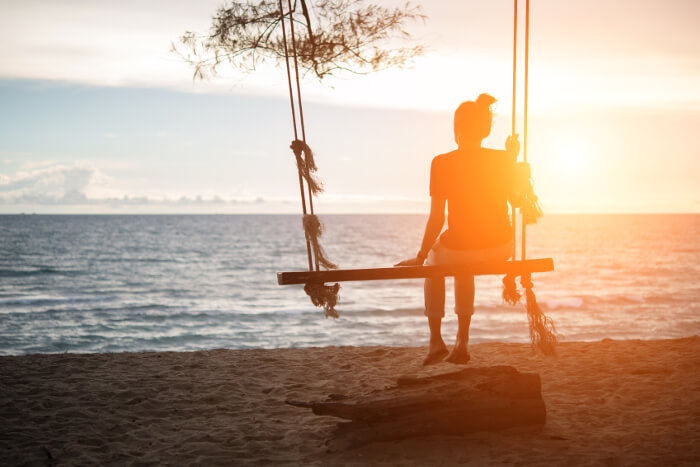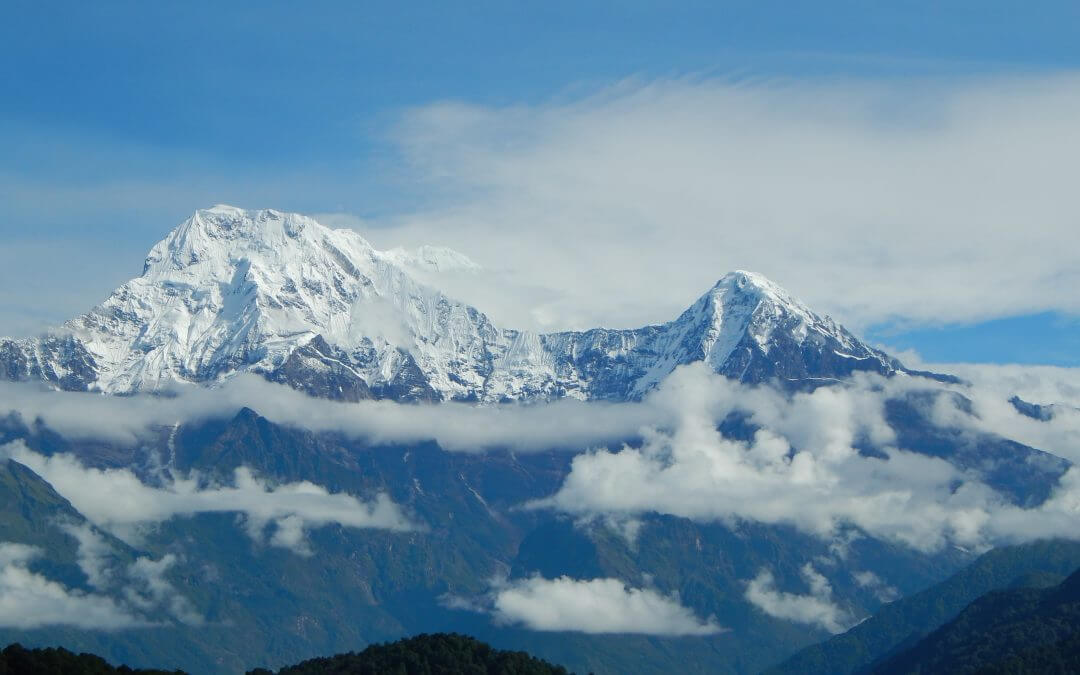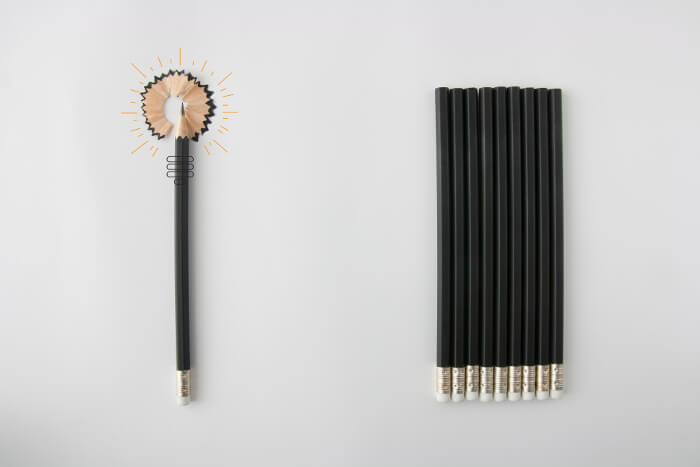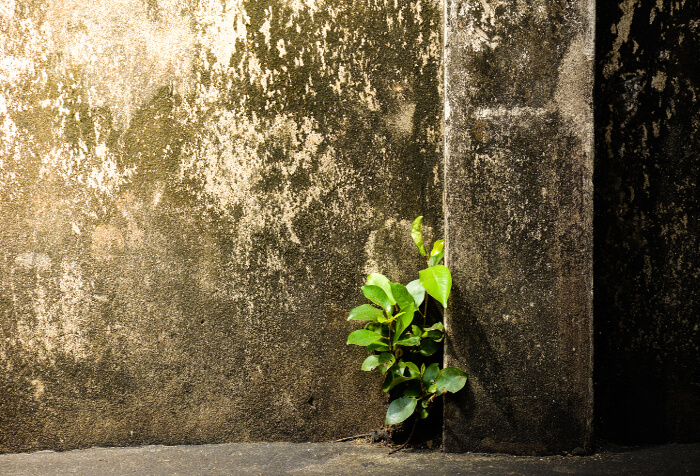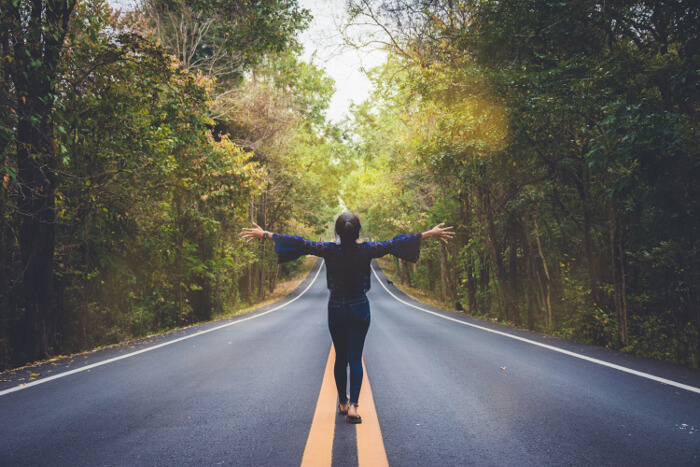
How to apply mindfulness when it is most needed
Being mindful is easy when you are in a controlled environment with like-minded people. It is quite different to practice mindfulness when you are in the hustle and bustle of every day life. Mindfulness is not so much and activity but more a way of being. To get yourself into the habit of being mindful takes practice. You need to habituate an attitude of mindfulness and the little exercise below could be useful to practice mindfulness and making it part of your nature.
Follow the S-T-O-P practice below:
Stop and stand still. Between action and response is a space. In that space is your freedom to decide what is the right action. Just stop, create a space and catch yourself before you react. Then…
Take time to breathe. take a few deep breaths to calm down the Sympathetic nervous system and activate the parasympathetic nervous system. this way you will move from fight-or-flight to feed-and-breed. Gather yourself and stabilize your internal energy. Control the body first and then…
Observe, Open up and consider your Options. Notice your thoughts, feelings and sensations. Become aware of what you are thinking of and observe the type of thoughts you have at this time. Then notice the emotions that are generated by these thoughts. Try and identify these emotions and label them objectively. List as many as you can. Lastly notice how the thoughts are making you feel – and where you are experiencing these feelings. Finally when there is awareness of sensations, perceptions and mental formations…
Proceed with a new plan. Now that you are mindful of your current situation and in charge of yourself, proceed in a way that will make you proud. now you can act according to your conscience.
Get in touch
klasie@streetschool.co.za
10 Repens Street, Paradyskloof,
Stellenbosch, 7600
Indian Retreats
Himalayan Adventures
Student Journeys
Executive Rejuvenation
Accreditations
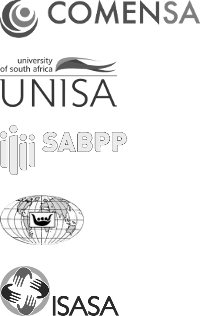
Get in touch
klasie@streetschool.co.za
10 Repens Street, Paradyskloof,
Stellenbosch, 7600
Accreditations


